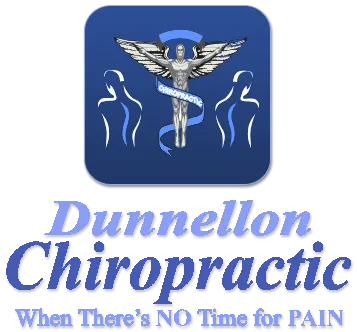
Vitamin D! Are you aware of the Importance?
Vitamin D is crucial to health, as well as the amount of it you should be getting. Vitamin D frequently is not categorized as a vitamin but a pro-hormone, vitamin D is a crucial component of proper development, growth and maintenance of the human body. Without it, the body is prone to develop practically every disease in existence.
Vitamin D deficiency, in other words, can lead to high blood pressure, osteoporosis, rickets, depression, diabetes, heart disease, kidney disease, influenza, obesity, hair loss, and cancer.
How much vitamin D is required? Did you know that the federal government's guidelines for vitamin D intake are far lower than what you really need to stay healthy? The daily dosage of 600 international units (IU) of vitamin D that the government says is adequate for children and adults under the age of 70 is a mere 15 percent of the 4,000 IU daily recommendation given by most nutritionists.
While 600 IU may prevent you from getting rickets, it is not nearly enough to prevent the host of illnesses that are on the rise in modern society today. In fact, the government's recommendations are so low that government advisory boards in recent years have proposed increasing the recommended intake guidelines for vitamin D. The best way to get vitamin D3 is through exposure to Sunlight that is why it is called the Sunshine vitamin! The best way to get vitamin D is to regularly expose your skin to natural sunlight. Individuals with fairer skin tones need about 15 minutes of daily sun exposure during the summer months to produce adequate levels of vitamin D in the body. Those with darker skin, depending on the shade, will need as much as an hour and a half of daily sunlight exposure.
During the winter months, it is much more difficult to get enough sunlight exposure, which is why supplementing with vitamin D3 may be necessary. You can also obtain minimal amounts of vitamin D from salmon, sardines, mackerel, shrimp, cod, eggs, fortified cow's milk and fortified yogurt. Raw milk is also said to have high levels of naturally occurring vitamin D.
Warning: Supplementation can be toxic in excess levels. Ask your healthcare provider to check your blood levels to determine proper dose.
Be sure to share the Vitamin D Guide with your friends and family so they can learn more about the importance of vitamin D:

If you want to see this graphic in larger detail click the link below:
http://www.naturalnews.com/Infographic-The-Vitamin-D-Guide.html
You can also find even more detailed information about vitamin D, including the latest published studies, over at the Vitamin D Council website:
http://www.vitamindcouncil.org.
Sources for this article
http://www.naturalnews.com/Infographic-The-Vitamin-D-Guide.html
http://www.vitamindcouncil.org/about-vitamin-d/what-is-vitamin-d/
